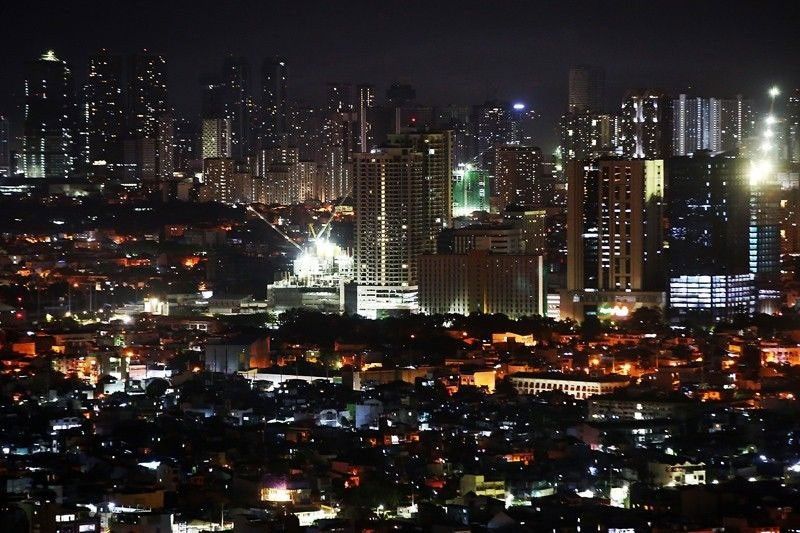Economic outlook turns from bad to worse

MANILA, Philippines — The recent spike in COVID-19 cases just made it more uncertain for the country to rebound from the pandemic when the rest of the world is slowly getting back on its feet, a global think tank said.
In its latest chart book, London-based Capital Economics said the situation in the Philippines, which is already lagging behind in economic recovery, is now looking extremely serious and dire.
“The economic outlook in the Philippines has gone from bad to worse over the past month. The main headwind is a renewed surge in virus infections, with the country now reporting around 10,000 new cases of COVID-19 each day,” Capital Economics said.
Over the past two weeks, the country has been eclipsing the record number of new cases daily, prompting the government to reimpose the strictest quarantine measure in Metro Manila and four nearby provinces.
Metro Manila alone accounts for 40 percent of the country’s gross domestic product (GDP) and the overall road to economic recovery greatly hinges on easing of mobility restrictions and further opening up of businesses to encourage higher consumer spending.
“Even before the latest surge in cases, there were signs of the recovery going into reverse. The movement of people was already very depressed before the latest restrictions,” Capital Economics said.
It added that this is evident in the still high unemployment rate which rose to 8.8 percent in February even as the economy reopened.
Adding to that is another burden for consumers who are facing headwinds from elevated food prices, with the African swine fever (ASF) disease continuing to drive up prices of pork and other protein meat sources like chicken and fish.
Last month, inflation breached government targets after it shot up to 4.7 percent and economists have forecast that it might close in at a new two-year high of five percent in March.
The think tank noted that fiscal policy is unlikely to plug the gap as spending remained lackluster since the start of the year.
The Bangko Sentral ng Pilipinas has maintained its key interest rates and a further climb in inflation in the coming months driven by higher fuel prices suggest that rate cuts are unlikely in the near term.
With the spike in inflation likely to be temporary and the economic outlook increasingly perilous, Capital Economics is still expecting rate cuts toward the end of the year.
“The country’s slow vaccination rollout will further hold back the recovery. Less than one percent of the population has so far been inoculated,” Capital Economics said.
“By the end of the year, we think GDP will still be 12 percent below its pre-crisis trend, which is the biggest gap of any country in the region,” it said.
- Latest
- Trending

































